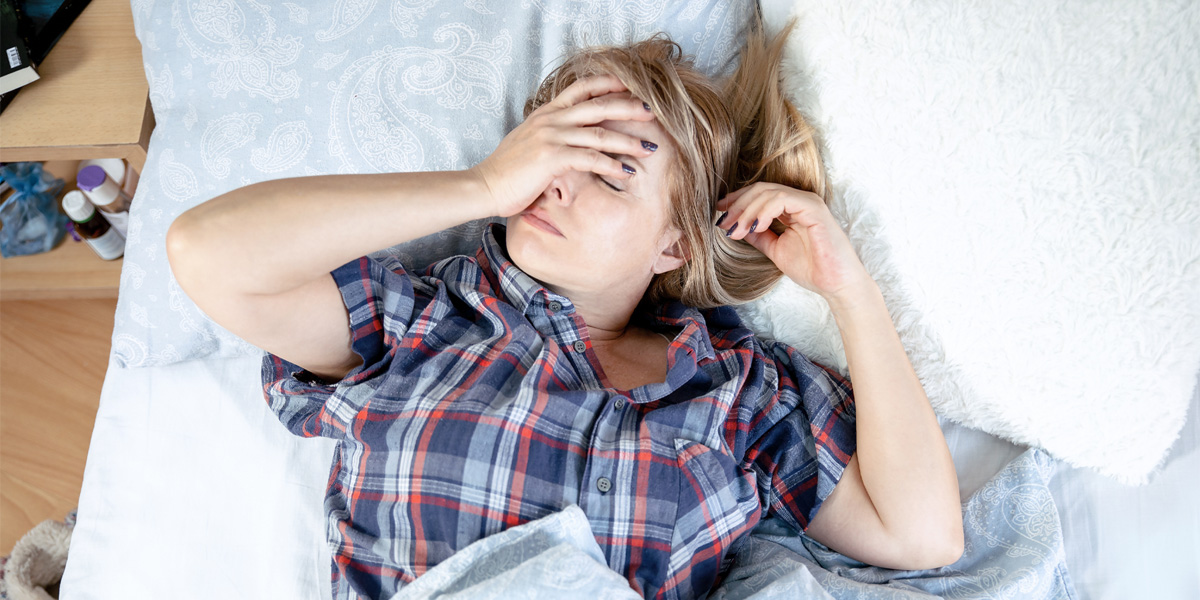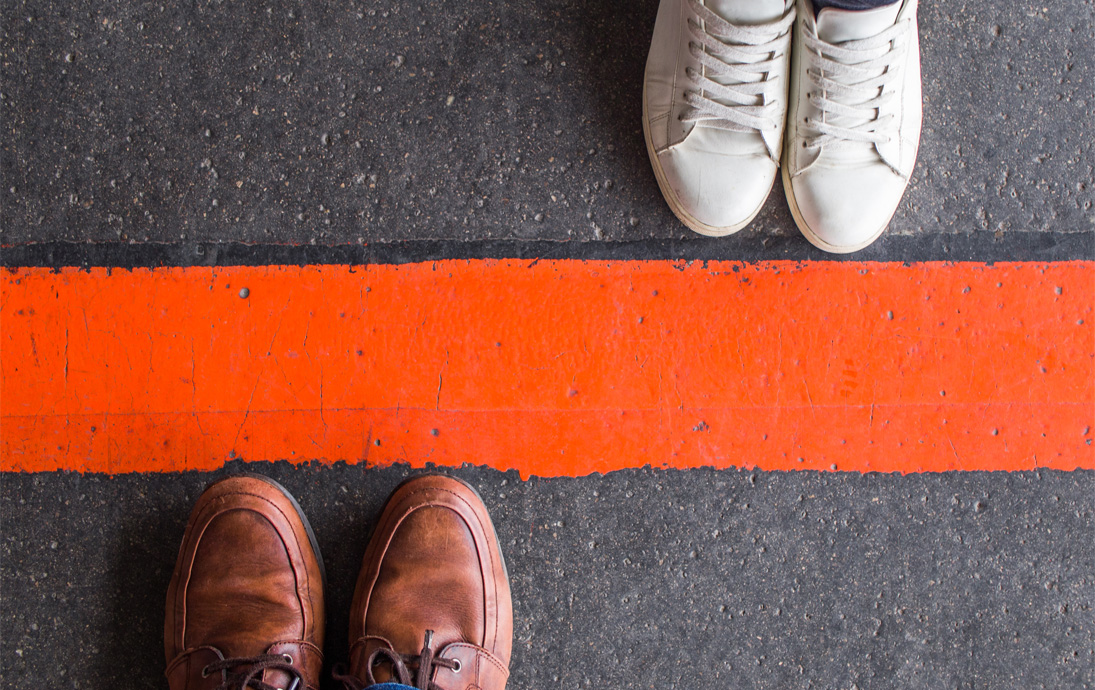
Social Jet Lag occurs when your natural sleep-wake cycle is disrupted by social obligations like school, work, or events.
It’s similar to traditional jet lag, causing fatigue and irritability due to a misalignment between your internal body clock and the local time zone.
Social Jet Lag can be both temporary and long-term. Temporary disruptions often arise from increased social activity during holidays, significant events or visits with friends and relatives. In contrast, long-term Social Jet Lag is a result of maintaining irregular sleep patterns, like staying up late and sleeping in on weekends. This irregularity can be particularly challenges for individuals who naturally lean toward being “night owls”, as most work and school schedules are designed for those with early morning routines.
The effects of Social Jet Lag on health are significant and can lead to various issues including sleep disorders, obesity, heart issues, diabetes, depression, anxiety, and reduced cognitive performance. People with disrupted sleep routines often consume more tobacco, caffeine, and alcohol as coping mechanisms, which can exacerbate the problem further.
To minimize Social Jet Lag, prioritize healthy sleep habits. Maintain a consistent sleep-wake schedule, even on weekends and holidays. Get natural light during the day and reduce light exposure at night, especially from electronics before bedtime. Exercise in the morning, eat meals regularly, avoid eating dinner after 7 PM, and refrain from caffeine after 3 PM.
By addressing Social Jet Lag as part of a healthy sleep routine, you can significantly improve your overall well-being.


